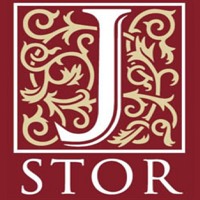ABSTRACT
Patient counseling is a cornerstone of ethical pharmacy practice and high quality pharma ceutical care. Counseling promotes patient compli ance with prescription regimens and prevents dangerous drug interactions and medication errors. Counseling also promotes informed consent and protects pharmacists against legal risks. However, economic, social, and technological changes in pharmacy practice often force community pharma cists to choose between their professional obligations to counsel patients and business objectives. State and federal legislatures have enacted laws that require pharmacists to counsel patients, but these laws have had mixed results. This essay argues that community pharmacy's patient counseling conundrum can be solved through additional moral education and moral persuasion, not through additional legal mandates.







